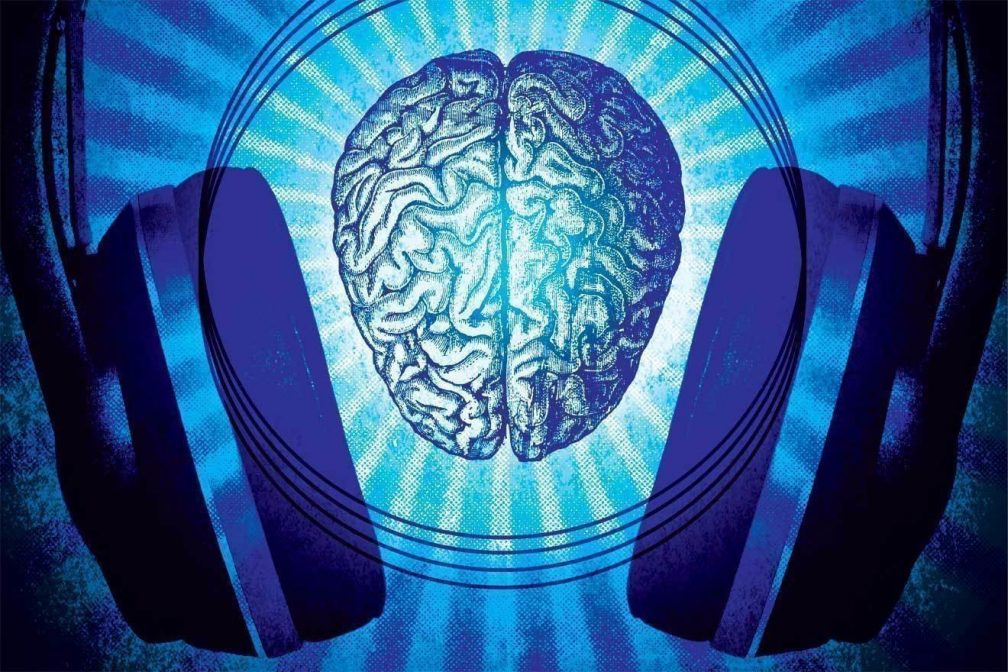
Mind dimension: DJs are finally opening up about mental health
The rigours of being a touring DJ can affect your mental health. But people are opening up about it
But the one thing we can be thankful for is the recent spate of artists opening up about something that has for far too long been the elephant in the room in our industry. In 2015, ex-Magnetic Man Benga took to Twitter to reveal that he was suffering from mental health problems including schizophrenia and bi-polar disorder. He was completely transparent about what had triggered his condition, referencing drugs and excessive touring in a series of tweets which exposed the reality of the lifestyle. “I don’t want sympathy but to raise awareness,” he said. “If I had help early the damage could have been controlled.” Just last month, Scuba opened up to Mixmag about his problems with alcohol, while Rustie cancelled a bunch of tour dates, again citing mental health and drug addiction problems on Twitter.
The support all three received from peers and fans alike was overwhelming, fuelling a conversation we all really needed to have. While DJs and artists have probably always suffered from these issues, hearing them opening up about it in a mature way, rather than burning out entirely, is new.
Dance music creates a social platform of enormous influence, so the fact that DJs are talking about their issues can only be a good thing for all of us, and if more people can identify problems with themselves or others, there is more chance of better understanding the triggers and delivering successful treatment. With the demands of DJing unlikely to change, it’s important for everyone that mental health stays firmly in the spotlight.
Find out more about the work of mental health charity Mind


